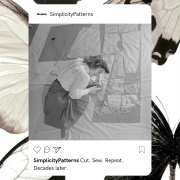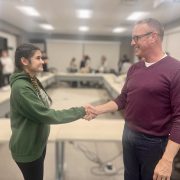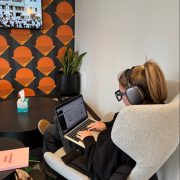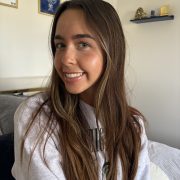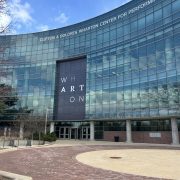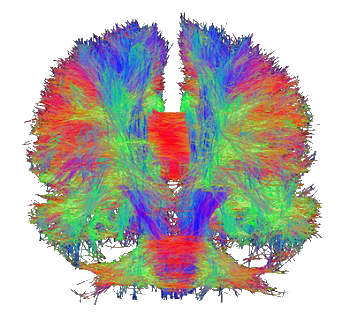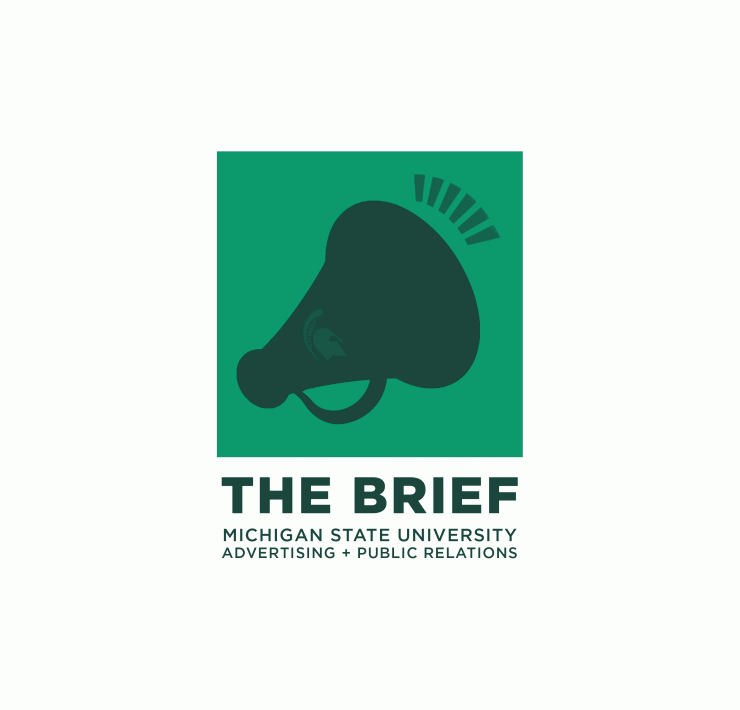AD+PR Ph.D. Student Shares Neurological Impacts of Media and Technology on K-12 Students

Sofia Aparicio intertwines social science and the role of marketing for adolescents
By: Zafira Lubis
MSU ADPR Ph.D. student, Sofia Aparicio, works to combine her research of cognitive development of young adolescents into the world of marketing and advertising, touching on the psychological, educational and communications aspects of how media and technology can impact the cognitive development of children ages eight to 12.
Before arriving at MSU, Aparicio lived in Portugal, earning her master’s degree in marketing and public relations at the Catholic University of Portugal.

Aparicio was first introduced to her research through her professor who studied marketing with a focus on marketing for children with technology. Connecting to professors was a key part in her decision to come to MSU, specifically those with a background in children and cognitive development. She then decided to pursue her research studies due to the strong connections with AD+PR professors, Dr. Dar Meshi and Dr. Fashina Aladé.
“Talking to both of them before coming here was the best choice that I did. They helped me understand what they were doing, what the university would allow me to do and how I could connect with their research as well as mine,” said Aparicio.
In addition, Aparicio participated in a research study done by Aladé on how children perceive race and ethnicity. She facilitated a connection between Aladé’s studies on computational thinking of children and her research on the cognitive development of young students using technology.
Children are now more addicted to their screens and thus will learn through what they perceive on TV shows. Programs such as PBS will often monitor the content put out for children, however, platforms like YouTube will not have as much of a filter for children, which can lead to negative impacts.
“Children during the ages eight to 12 are very perceptive with what others are doing and learn from what they are seeing,” said Aparicio.
To those interested in research from a social science perspective, Aparicio advises attending more conferences and seminars that discuss topics that interest you.
Through her doctoral journey, Aparicio emphasizes the importance of venturing to different research studies and departments.
“The opportunity to speak to different departments has allowed me to develop my research and explore new ideas that can be tailored for my own research. My research topic might be very little but when connected to others it can create impact in other areas.”
Learn more about Aparicio and her research: https://www.linkedin.com/in/claudia-apar%C3%ADcio-87a81b10b/?originalSubdomain=pt.






